Normal Building Vocabulary Worksheets for Ages 4-8 - Page 2
173 filtered results
-
From - To
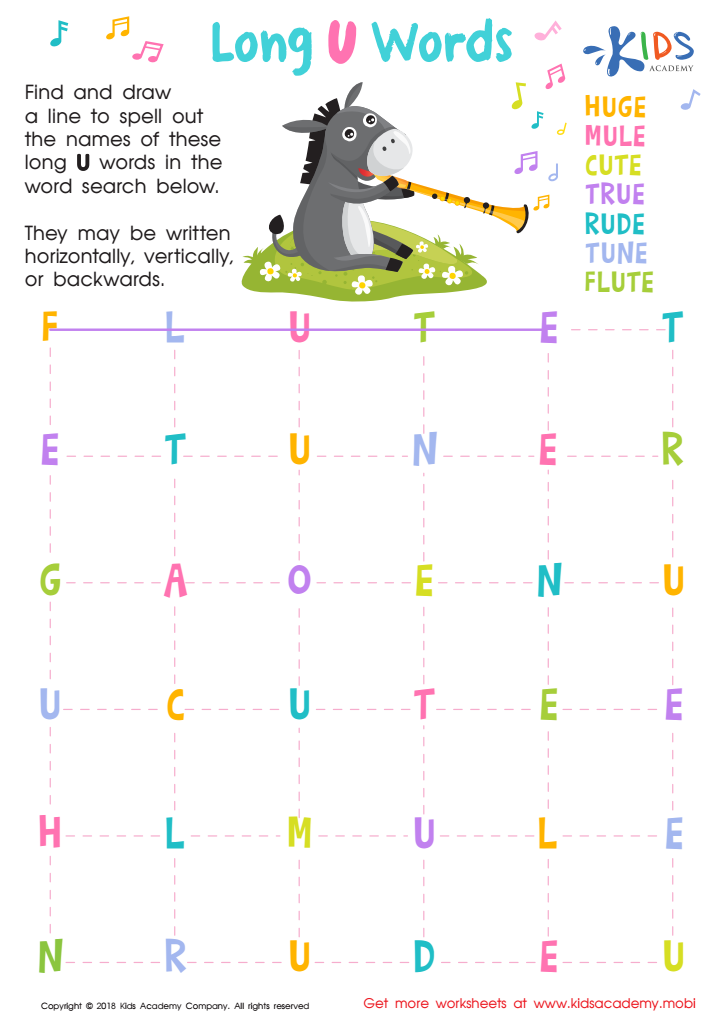

Long /u/ Words Worksheet
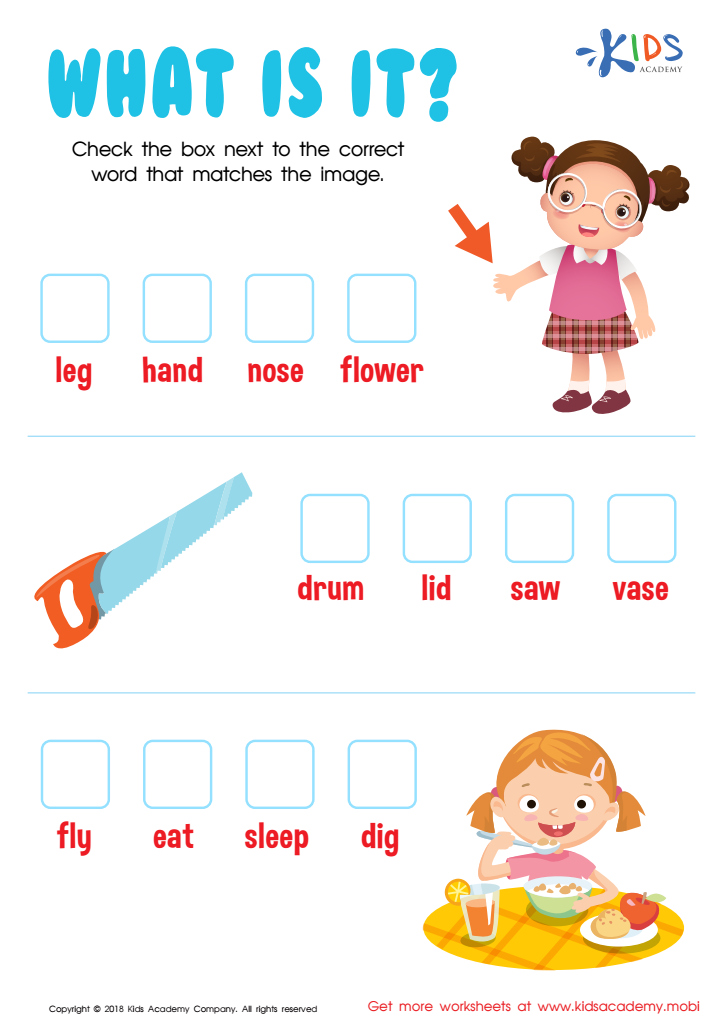

What Is It? Worksheet
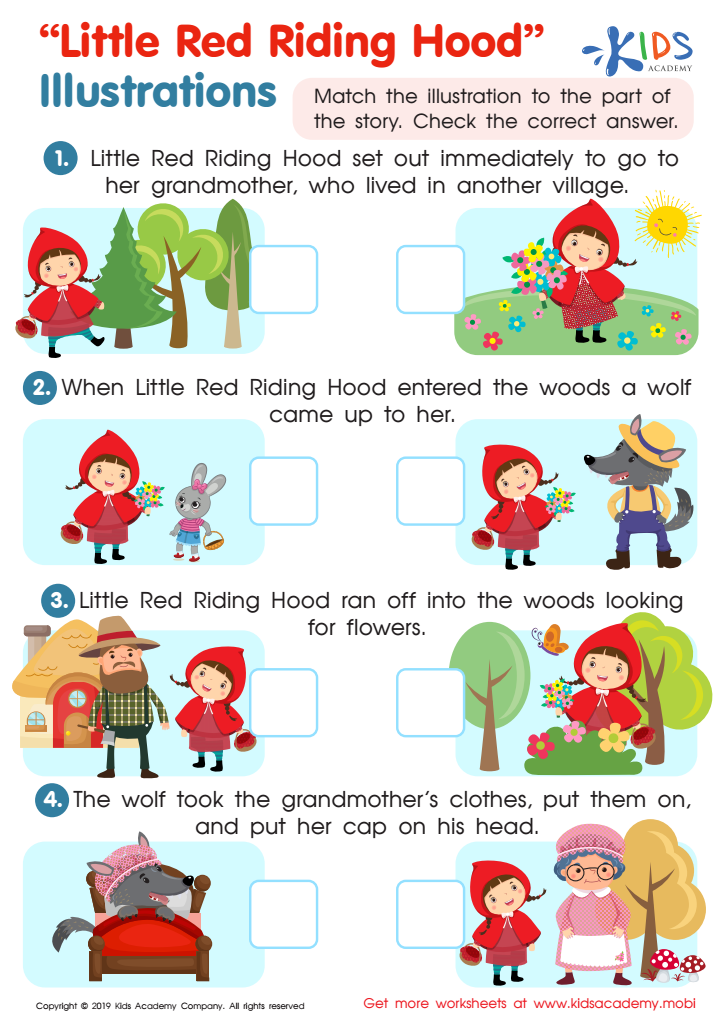

Little Red Riding Hood: Illustrations Worksheet
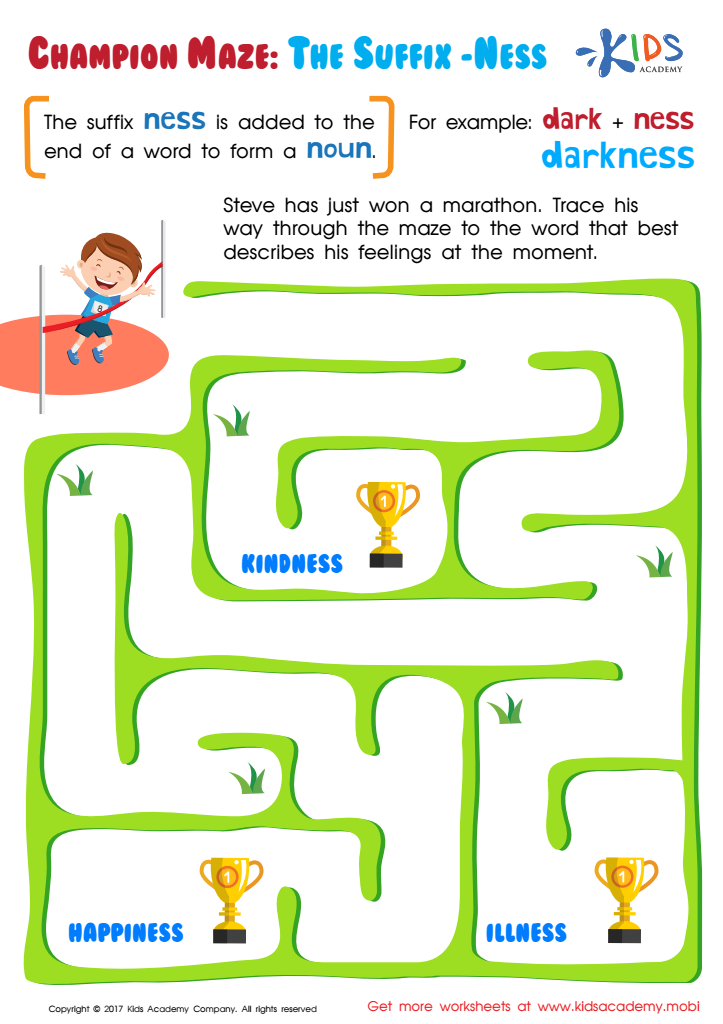

Suffix Ness Worksheet
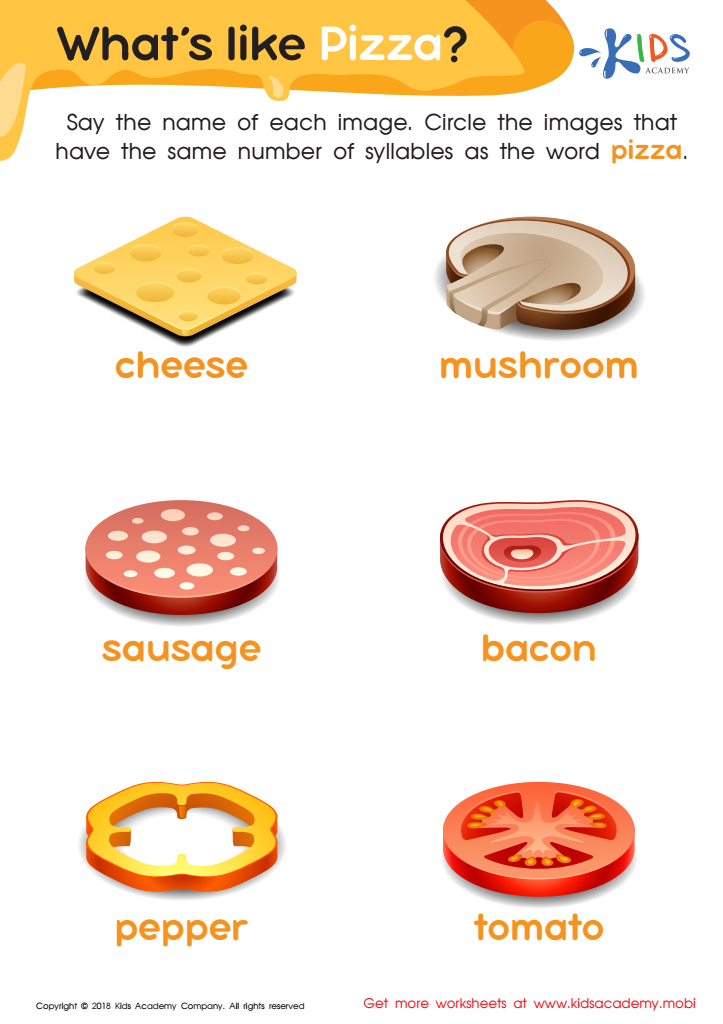

What's Like Pizza? Worksheet
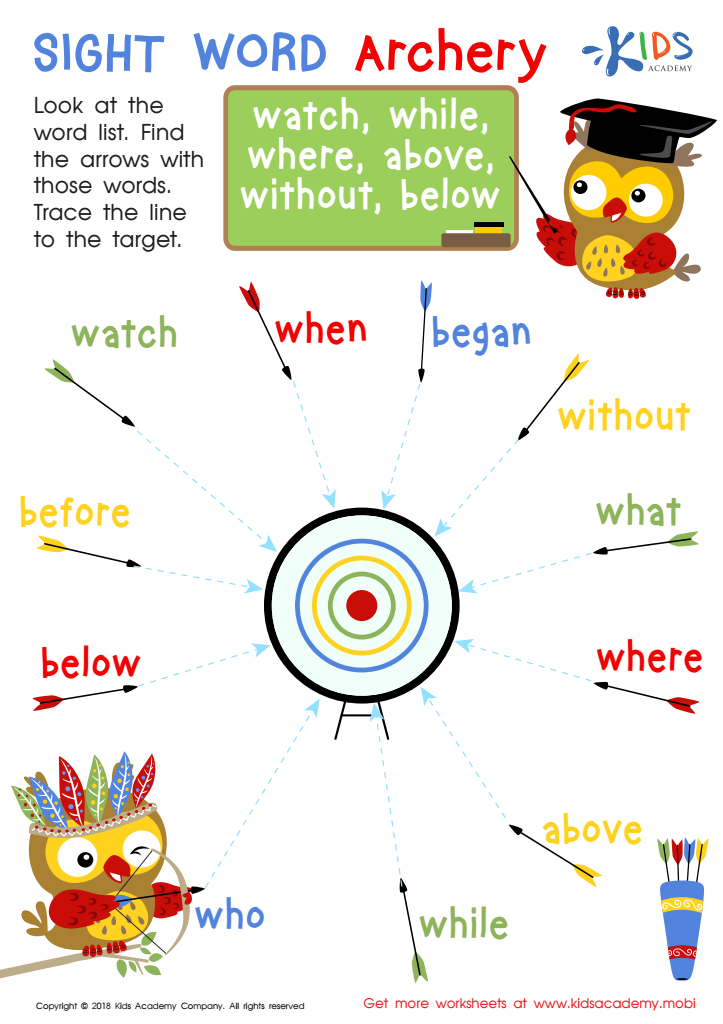

Sight Word Archery Worksheet
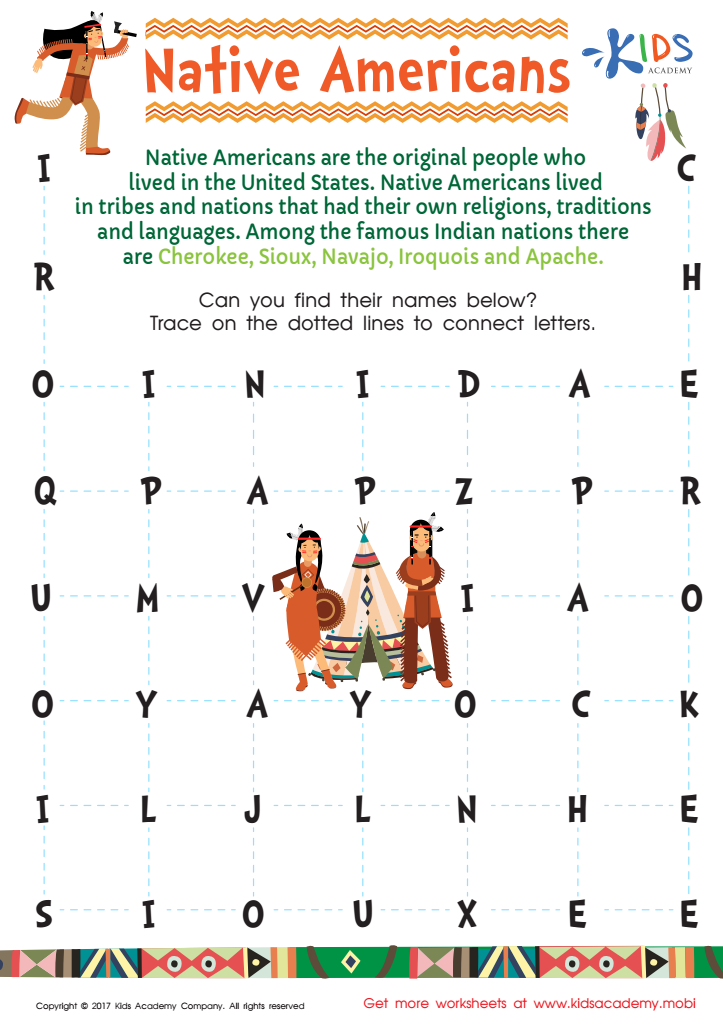

Native American Word Search Printable
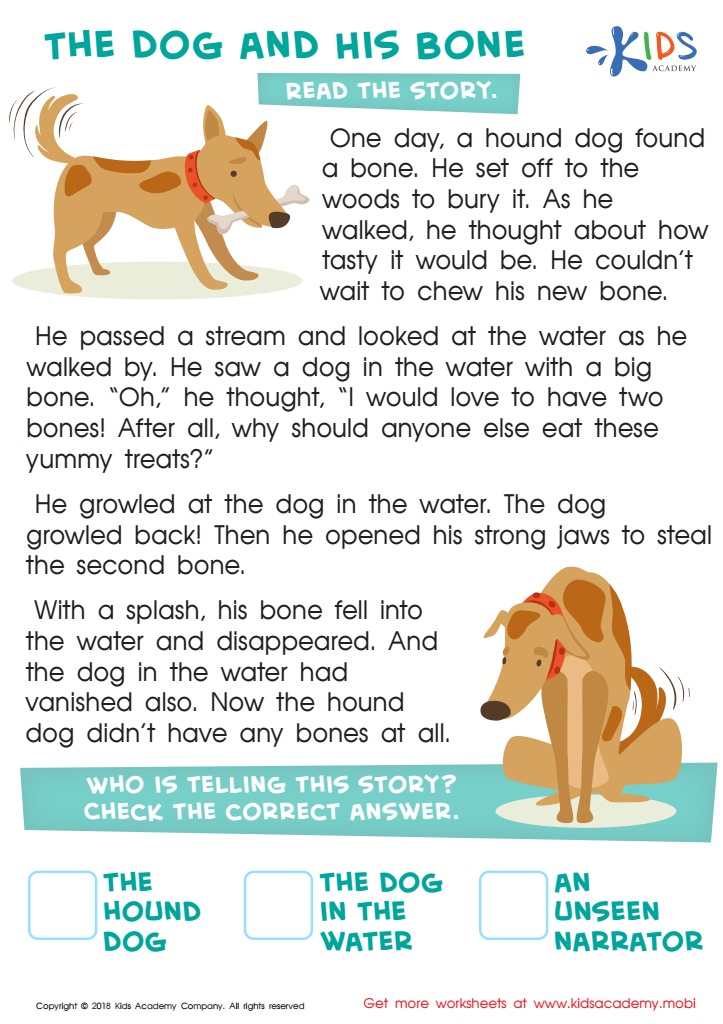

The Dog and His Bone Worksheet
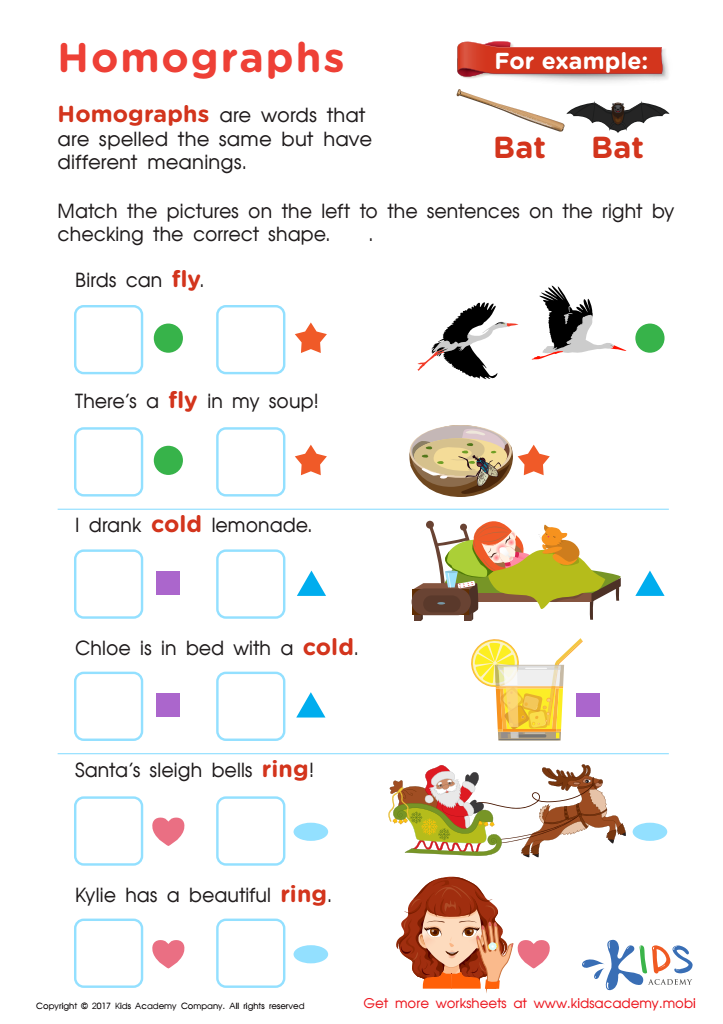

Homographs Free Printable Worksheet
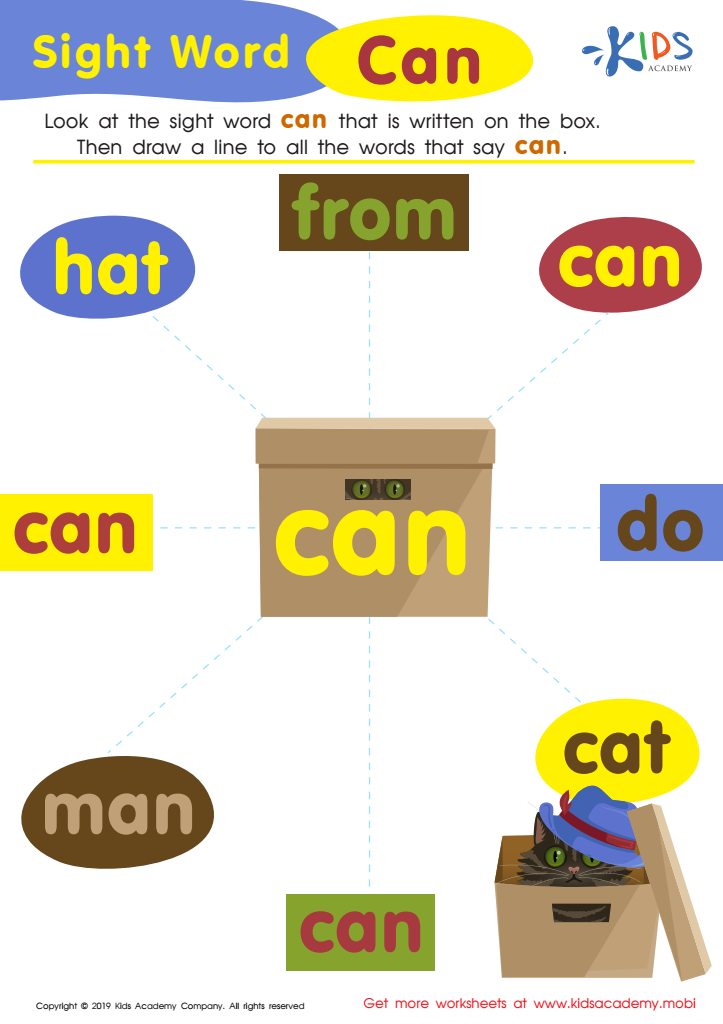

Sight Word Can Worksheet


Phonics and Word Recognition: Assessment 3 Worksheet
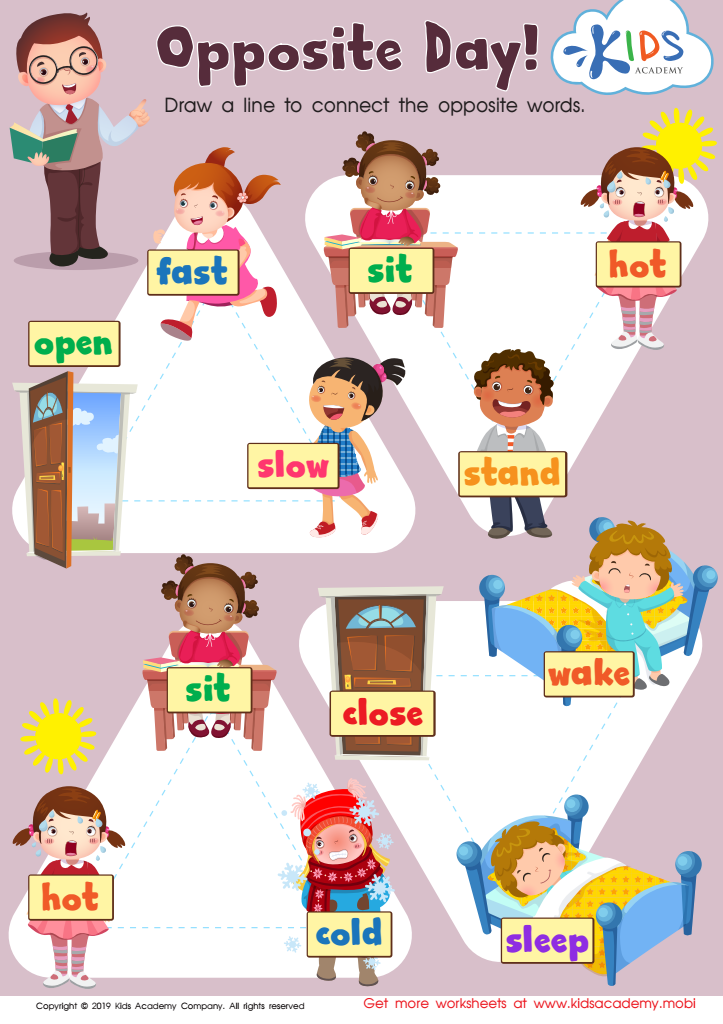

Opposite Day Worksheet
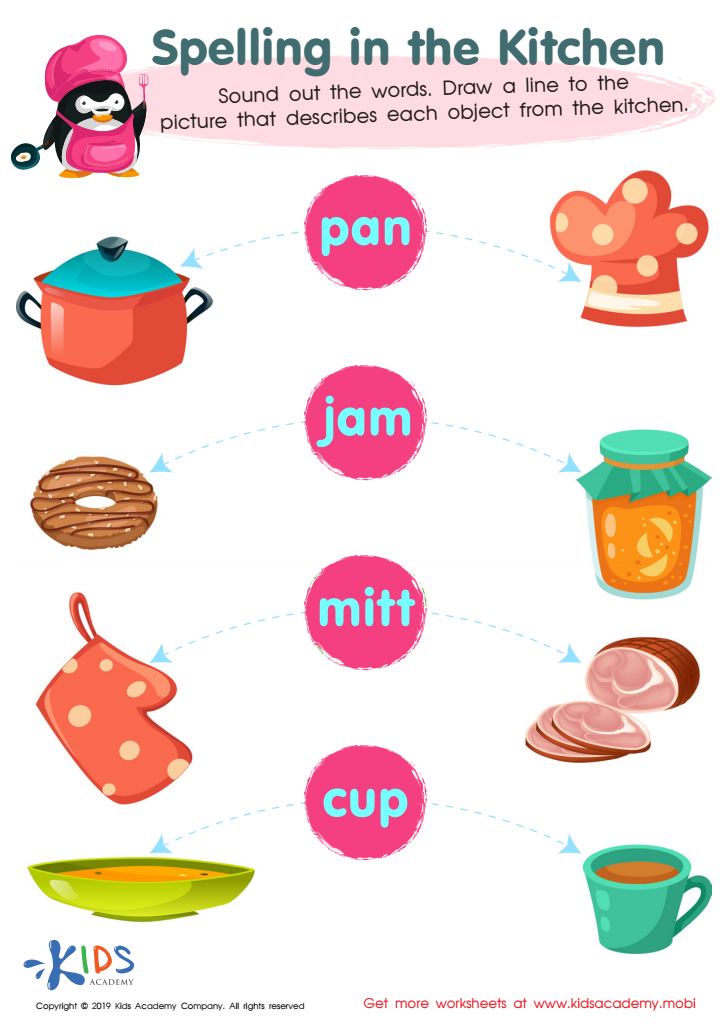

Spelling in the Kitchen Worksheet
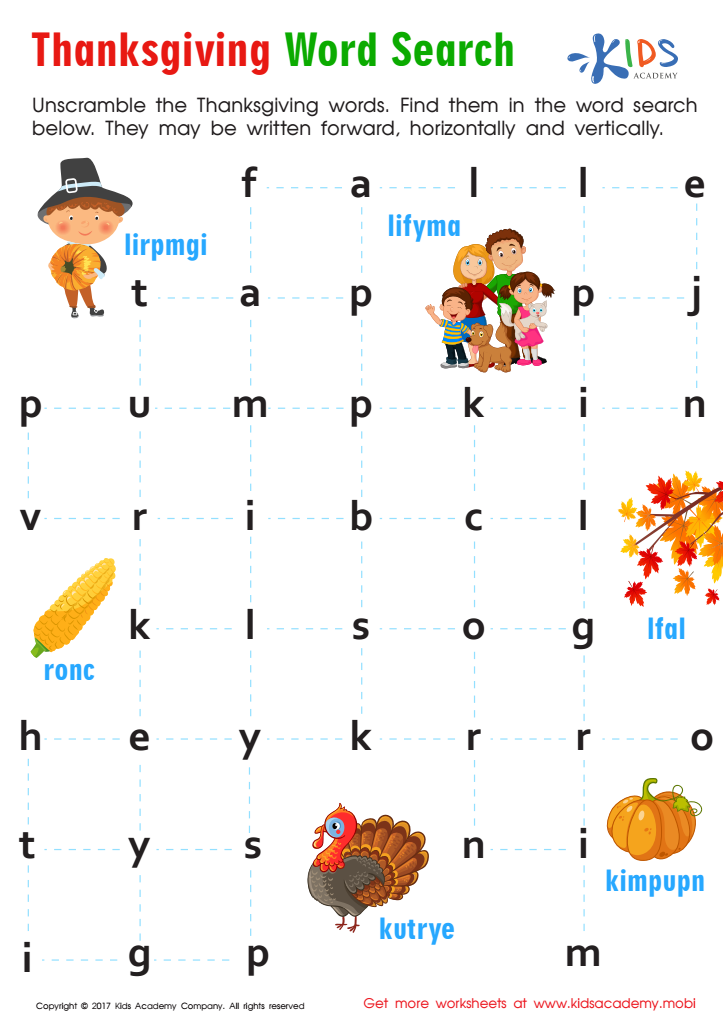

Thanksgiving Word Search Sight Words Worksheet
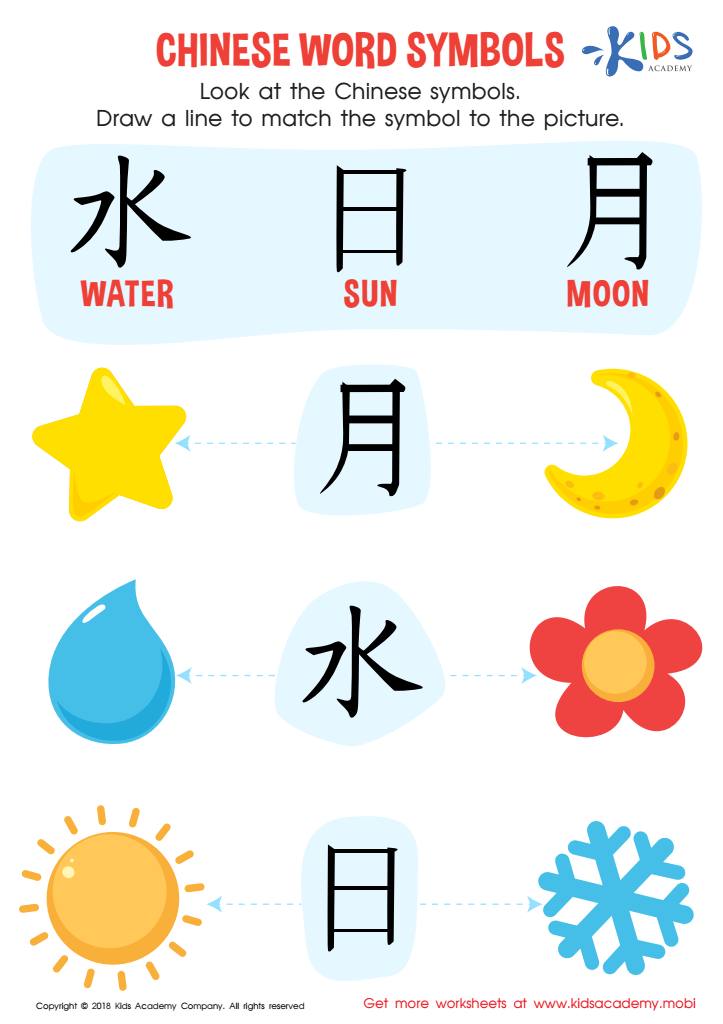

Chinese Word Symbols Worksheet
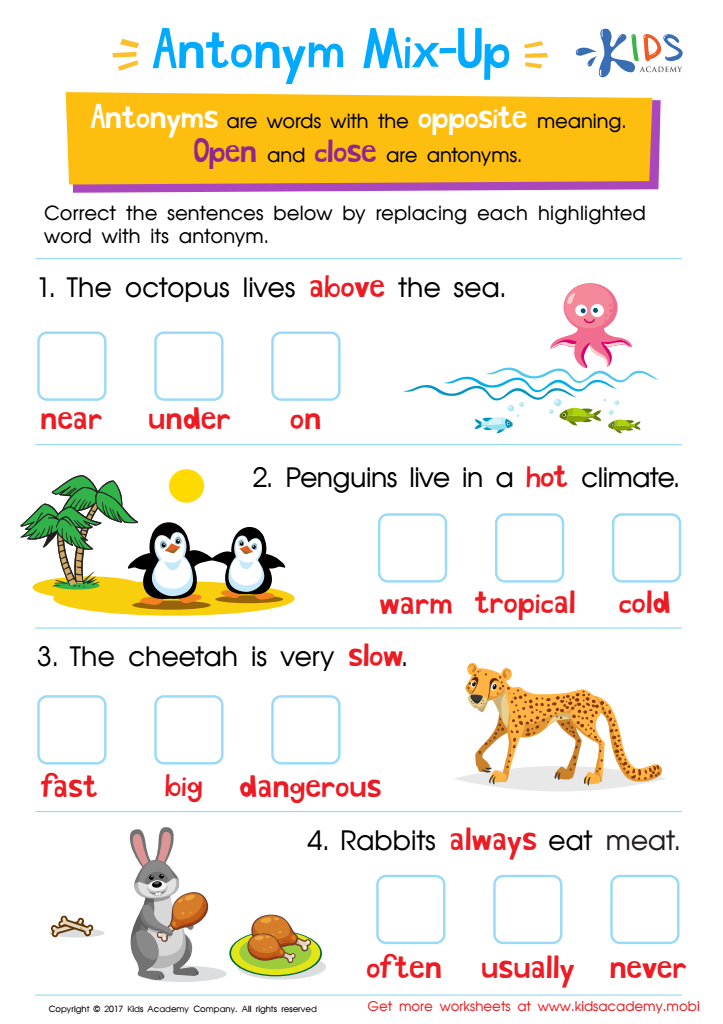

Vocabulary Antonyms Worksheet


The 5 Sense Scientist Worksheet
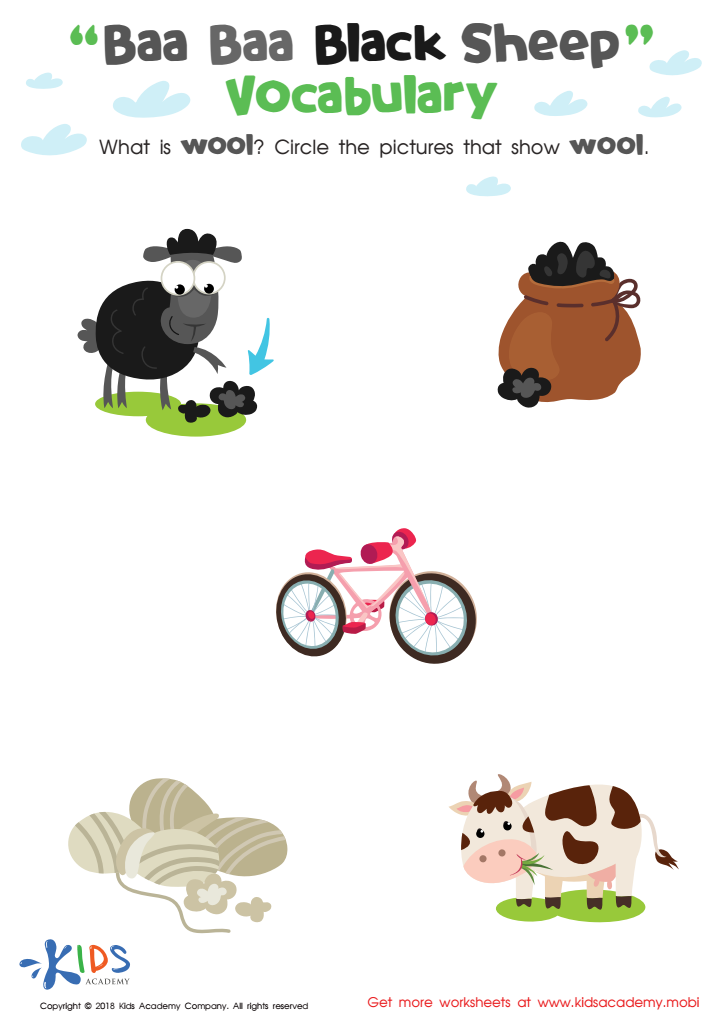

Baa Baa Black Sheep: Vocabulary Worksheet
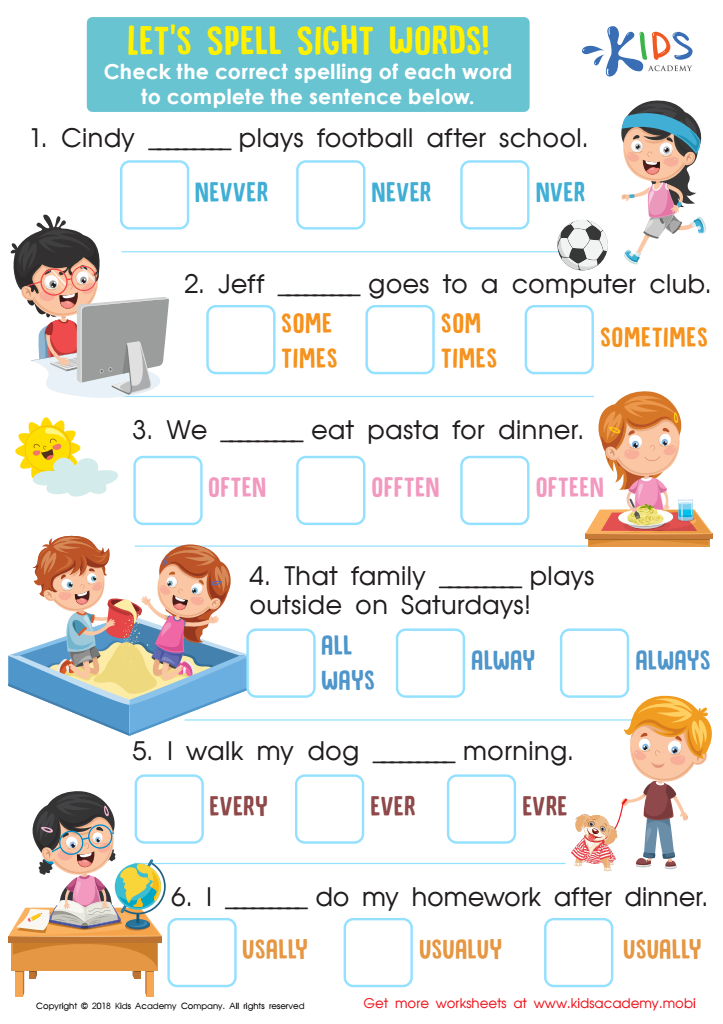

Let's Spell Sight Words Worksheet
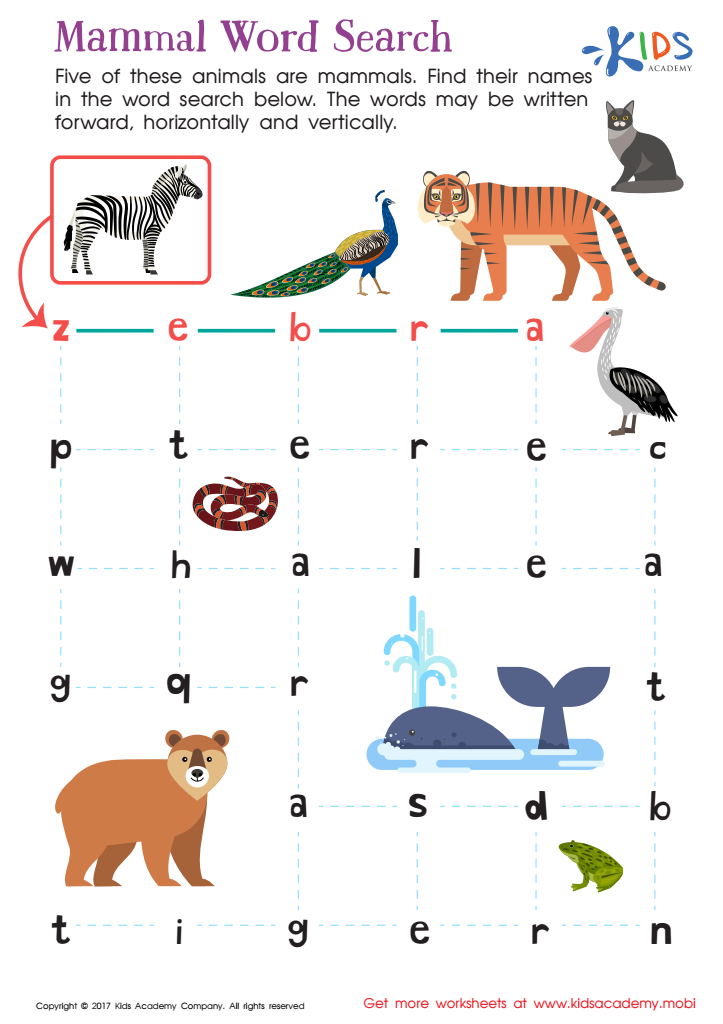

Printable Mammal Word Search
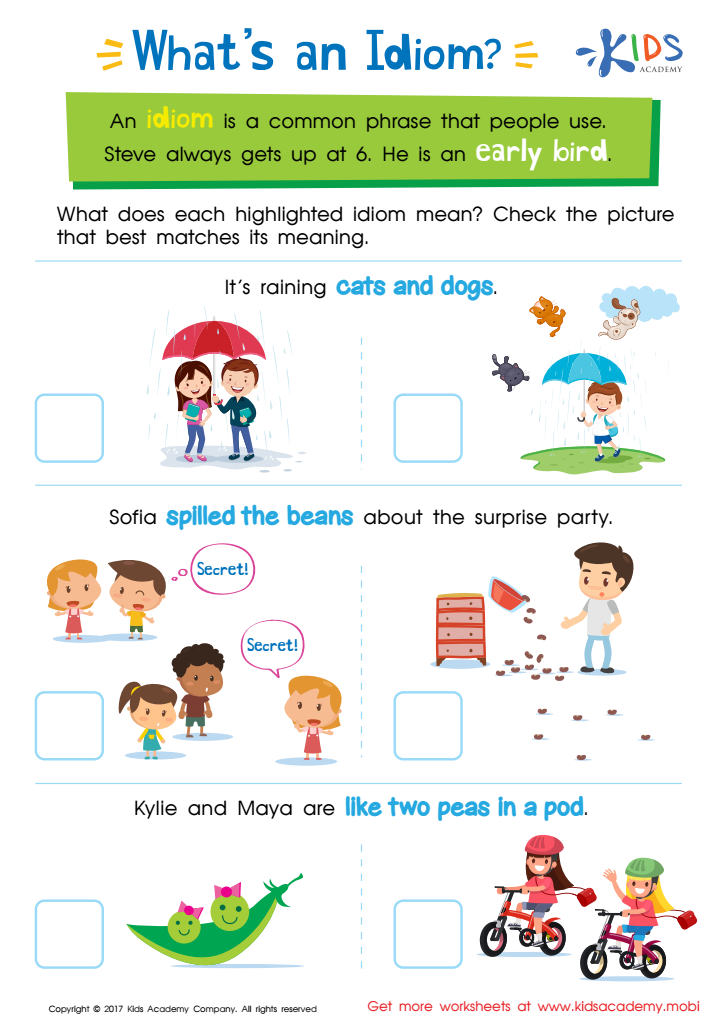

Idiom Worksheet
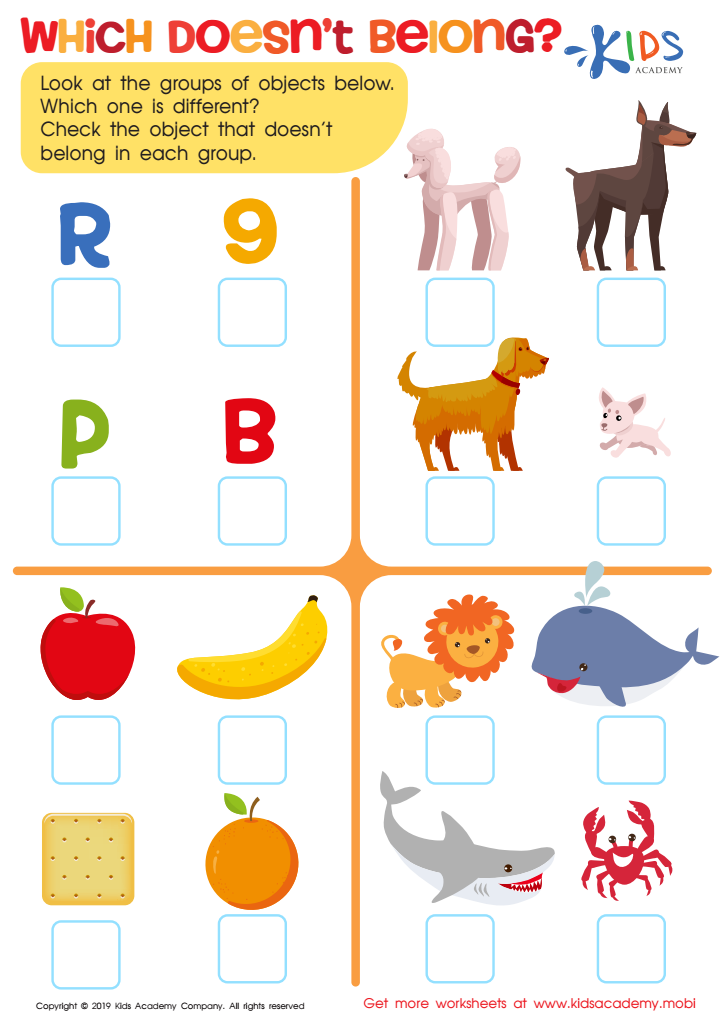

Which Doesn't Belong? Worksheet
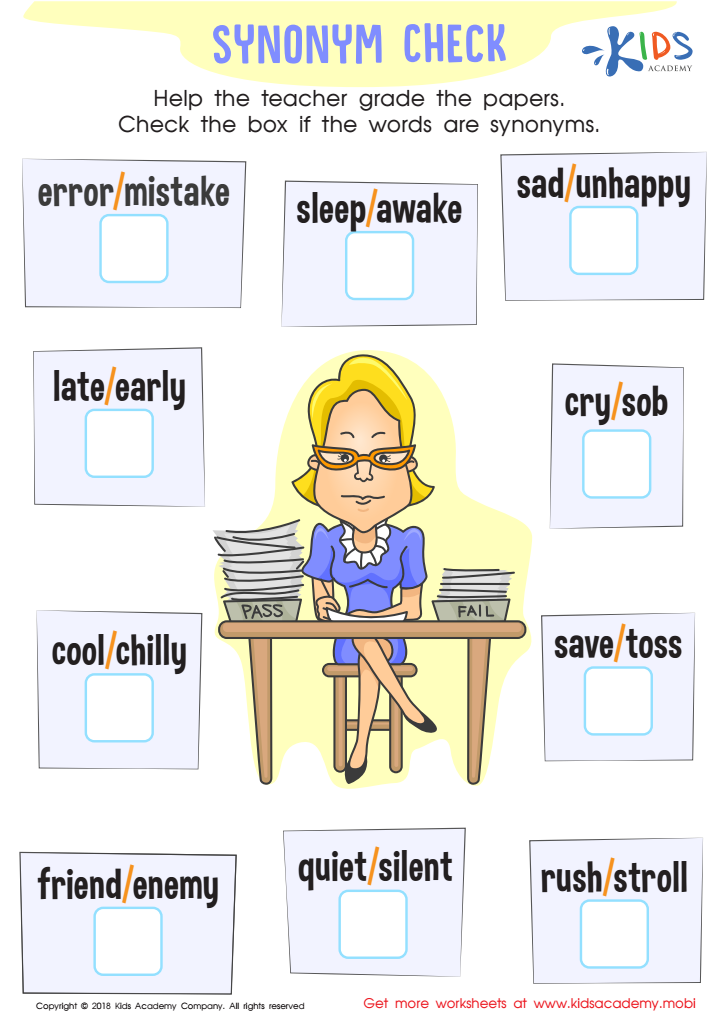

Synonym Check Worksheet
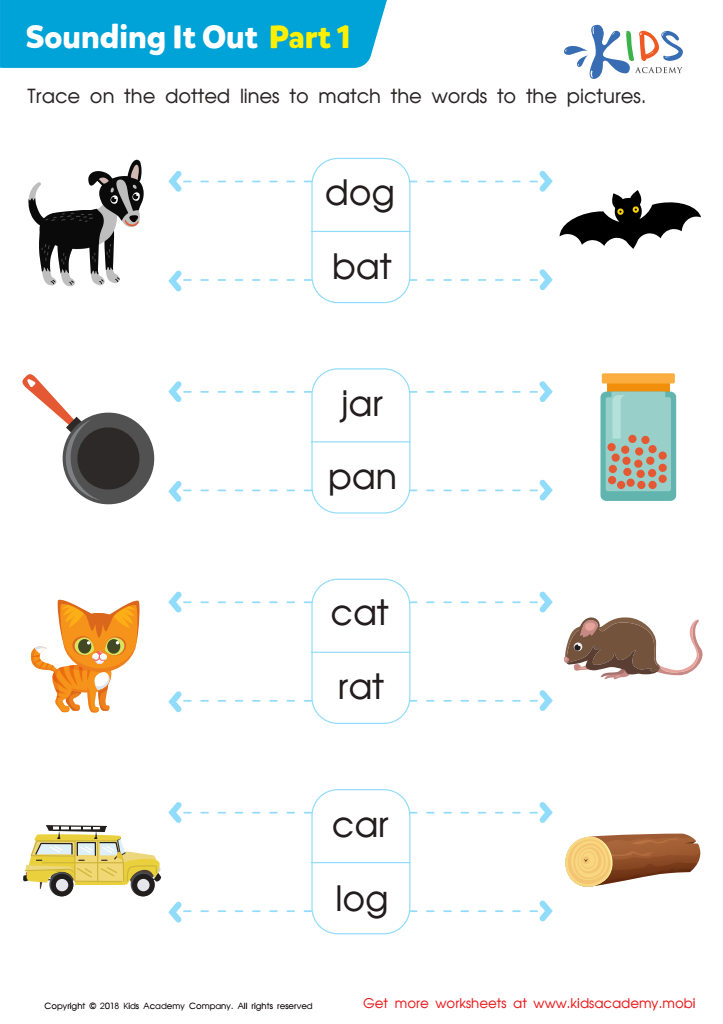

Sounding it Out: Part 1 Worksheet
Parents and teachers should place great importance on normal vocabulary development for children aged 4-8 because it is foundational for effective communication and future academic success. During these formative years, children's brains are exceptionally receptive to learning new words and concepts. A strong vocabulary enhances their ability to express needs, ideas, and emotions clearly, which is crucial for developing social skills and fostering positive relationships.
Moreover, establishing a robust vocabulary early on sets the stage for reading comprehension, a key indicator of academic success. When children understand the words they read, they can better grasp storylines, follow instructions, and engage with educational material, leading to higher performance in school.
Vocabulary development is also linked to better critical thinking skills. As children are exposed to new words, they learn to categorize, relate ideas, and form more complex thoughts. This cognitive growth is essential for problem-solving and adapting to new situations.
Additionally, a rich vocabulary can boost a child’s self-confidence and independence. They feel more capable in their daily interactions, whether it’s participating in class discussions or making new friends.
For these reasons, parents and educators should actively engage in activities like reading aloud, engaging in conversations, and playing word games to nurture a child’s vocabulary between the ages of 4-8.
 Assign to My Students
Assign to My Students



















